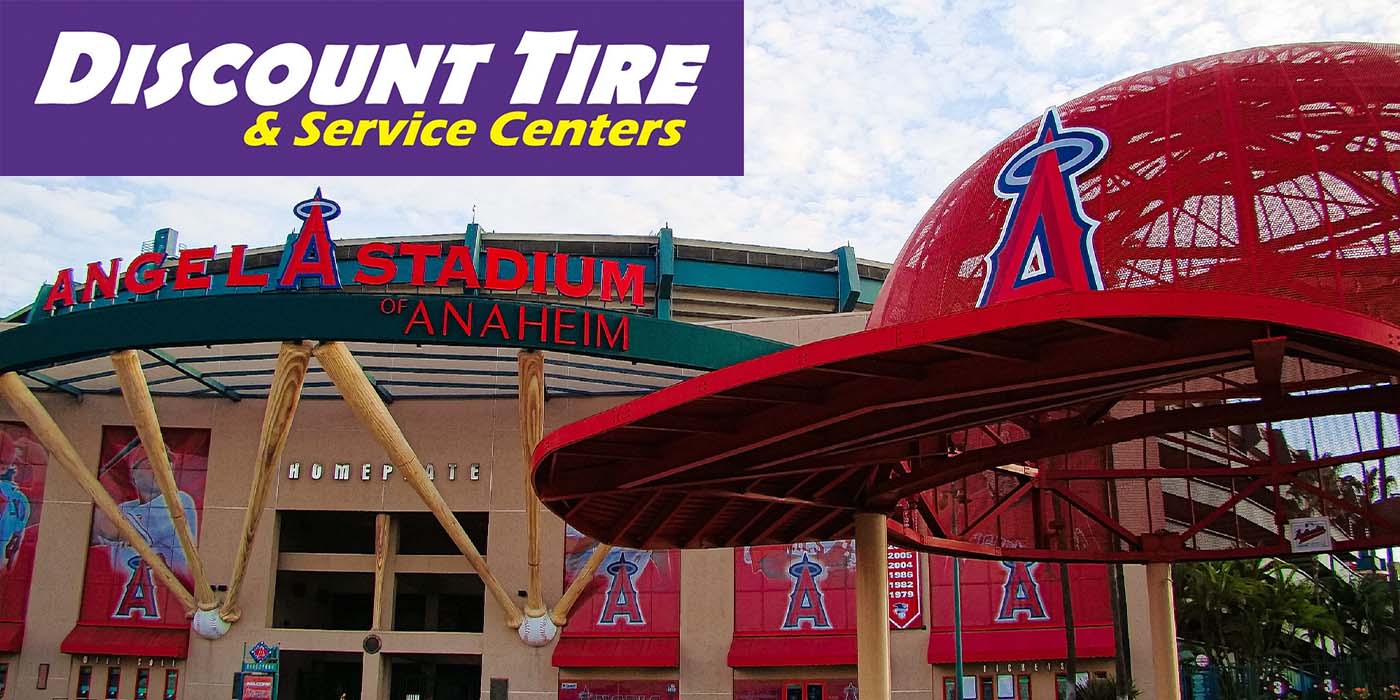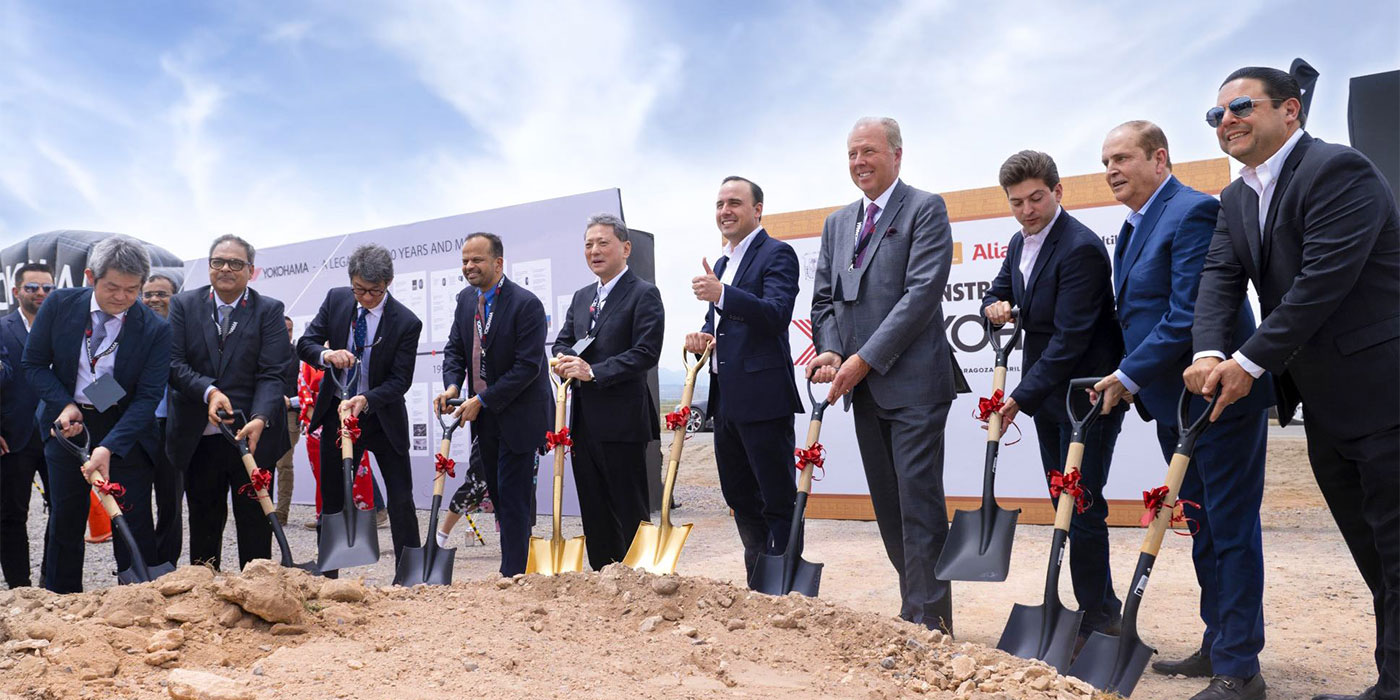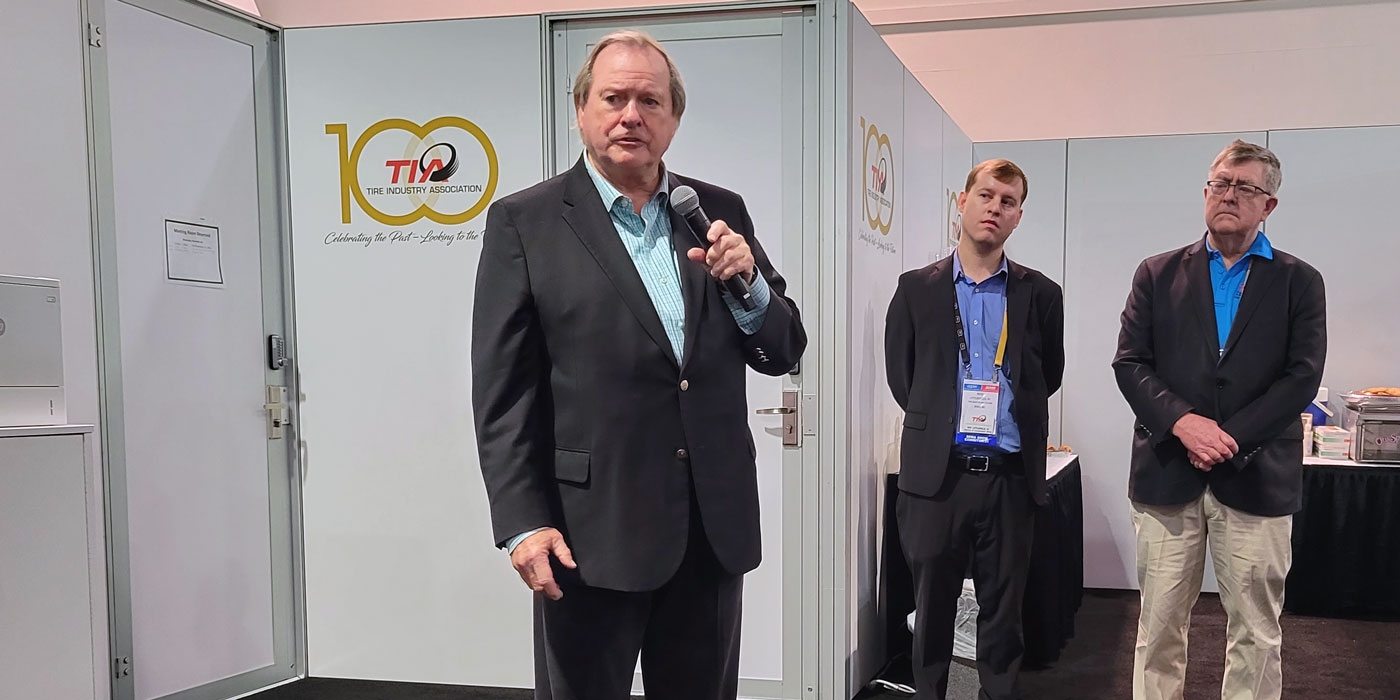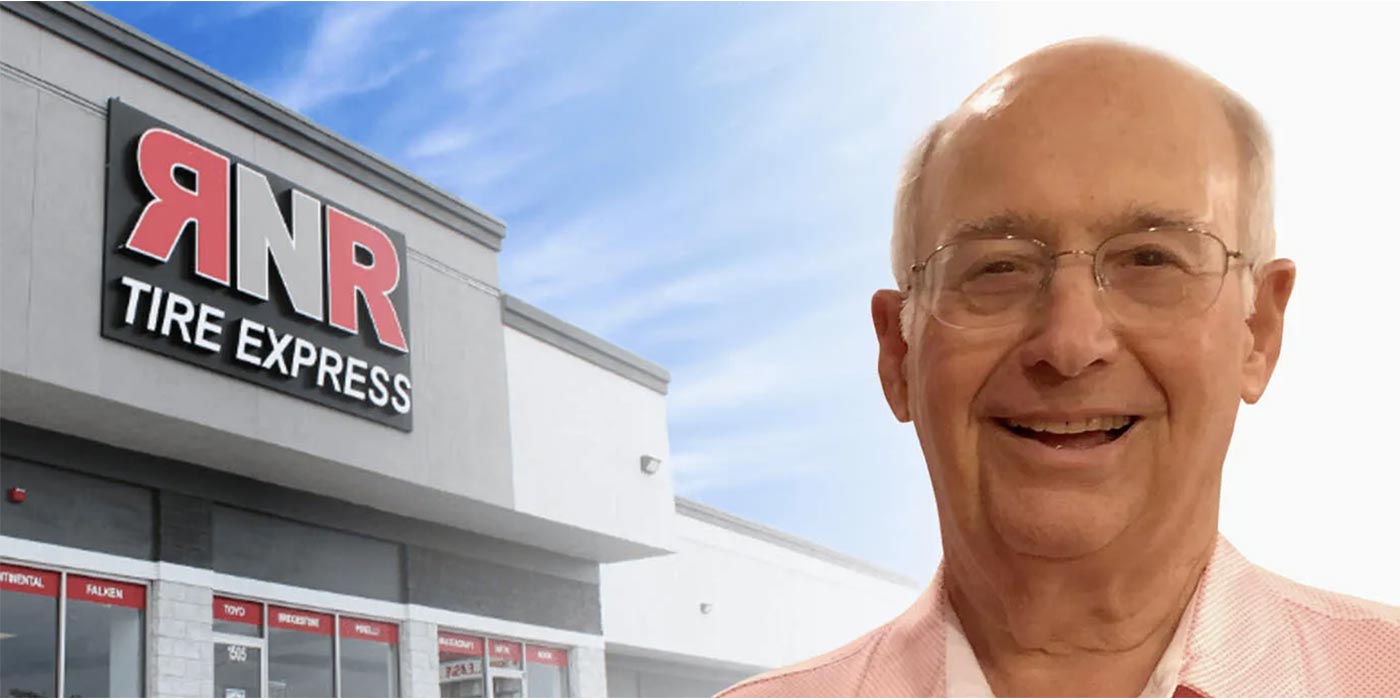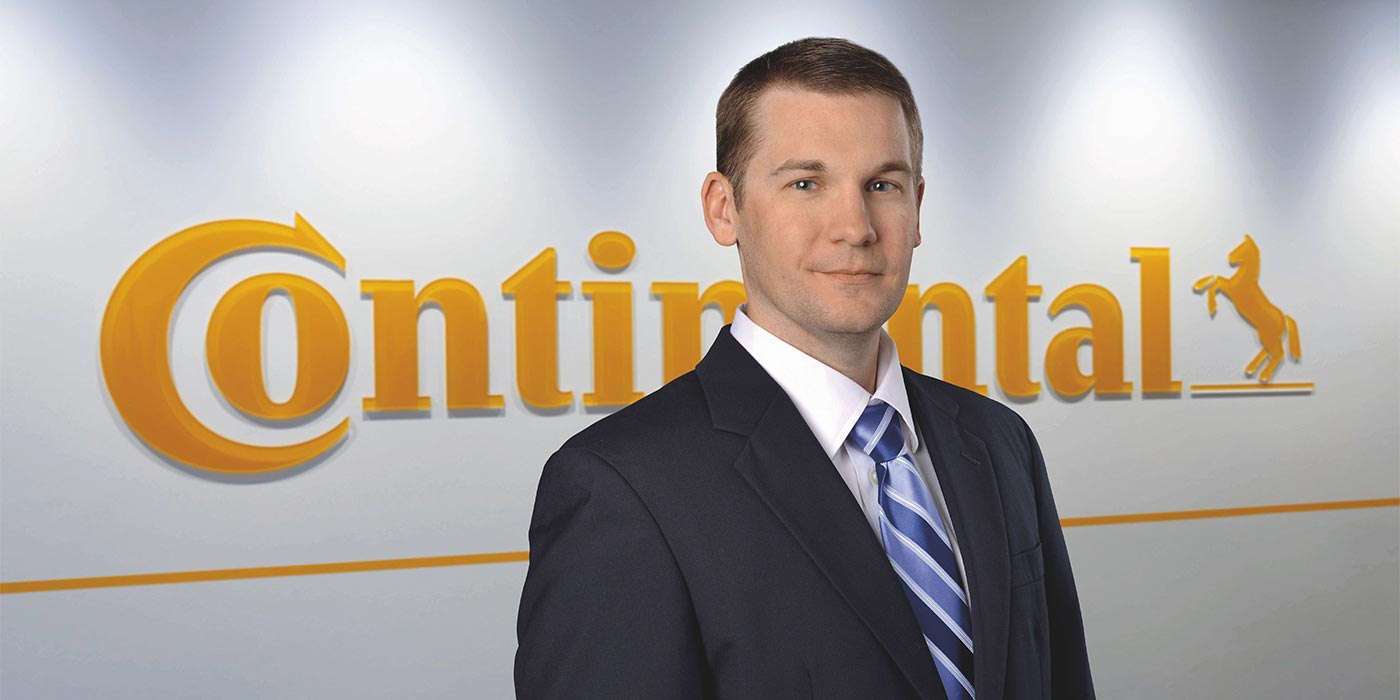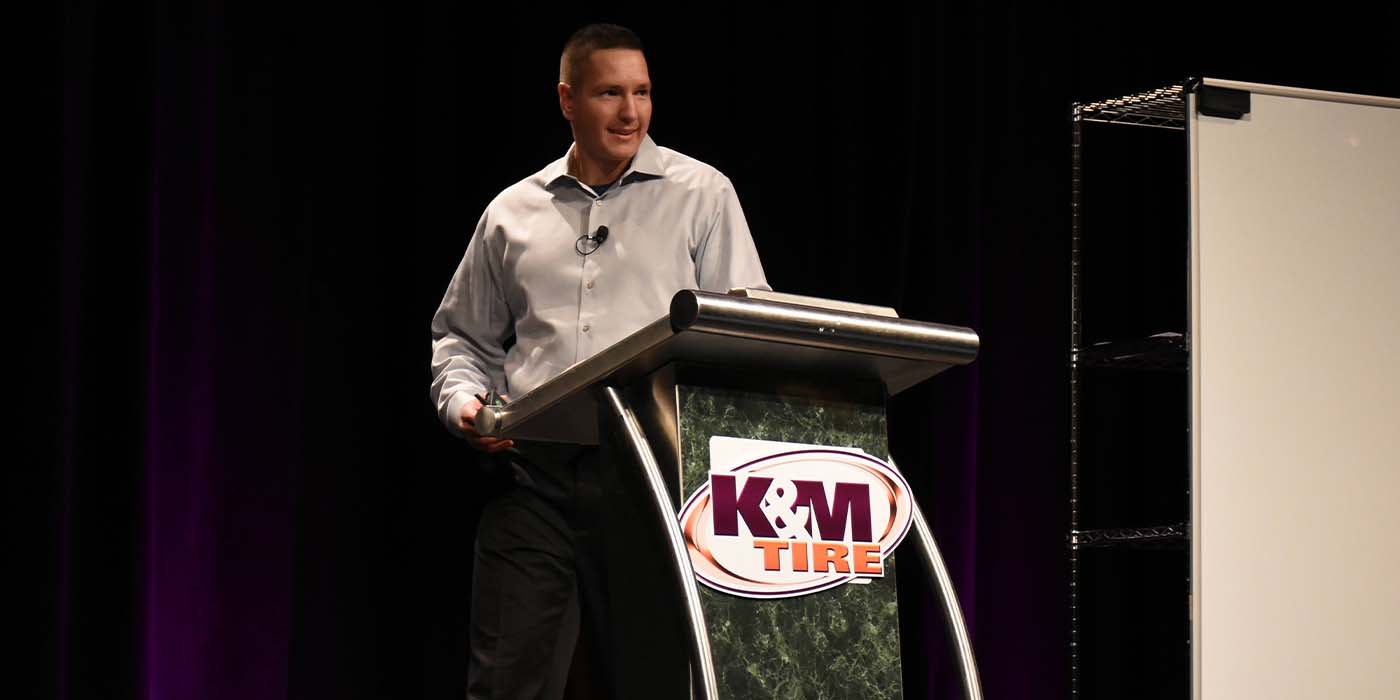Known as the Corporate Manslaughter and Corporate Homicide Act 2007, it will lay a framework for pursuing convictions against organisations whose failure to manage their activities leads to a fatality. And what exactly, you may ask, does this Act change in relation to tyres? Come the second week of April and companies will be liable, and prosecutable, for any death resulting from an unsafe tyre (or any other part of the vehicle) during a journey undertaken for business purposes – even if the employee is driving their own private car.
These vehicles that make up the U.K.’s “grey fleet” – and it is thought that as many as a million employees use their own cars when travelling for business – have been described by many as a health and safety time bomb. According to a study conducted between June and August 2007 by the fleet management expert Arval, the emergence of this grey fleet during the past decade has been driven by a move toward the provision of more flexible employee benefits; the day of the company car as the standard non-cash incentive has passed into workplace history.
But while seen as a win-win situation by many employers and employees, those that opt out of a company car scheme because they only travel for work sporadically are, when the need to travel does arise, obliged to do so in a vehicle perhaps not maintained to the same standard as one from a corporate fleet.
Arval found more than 37% of companies reported clocking up at least 10% of their business mileage was in grey fleet vehicles; 13.4% said that more than 26% of business miles could be attributed to this so-called grey fleet.
These figures are worrying, as the majority of employers surveyed had little policy in place to make sure the vehicles used were up to the job. Few requested that drivers produce a MOT certificate for vehicles more than three years old – only 26% requested this as a matter of course, and this figure drops to around 20% for those operating fleets of fewer than 50 vehicles. Almost three-quarters of employers placed no age restriction upon private vehicles used for company business and, perhaps most worryingly, some 52.8% had no procedure in place for checking that grey fleet vehicles carried appropriate insurance cover.
This suggests, comments Arval, that “the offer of cash, which is likely to be used for a vehicle purchase, does engender some feelings of responsibility on the part of employers.” However a sense of having passed on all responsibility together with the cash is an attitude that bears little weight against the upcoming Act, which builds upon current legislation. Under the existing Health and Safety at Work Act, driving for work is classified as a business activity, therefore the vehicle is viewed as a place of work and must meet the same risk management criteria. “Work-related road safety can only be effectively managed if it is integrated into your arrangements for managing health and safety at work,” states the Health & Safety Executive in a document targeted at employers. “You should look at your health and safety systems and consider whether they adequately cover this area of work.”
This should be familiar territory for most employers. But while current health and safety policy has been in place for more than 30 years, the new Act, with its creation of the offence known as corporate manslaughter (corporate homicide in Scotland), sharpens the legal teeth of those wishing to bite companies failing in their responsibility to maintain a safe workplace.
When accidents do occur, the issue of who is ultimately responsible is looked at much more closely now than in past times, not only in terms of legal liability. With business drivers experiencing collision rates some 30% to 40% higher than private drivers, the long arm of the law is already a firm believer in the new legislation. According to Metropolitan Police superintendent Mark Bird, businesses “must face up to their duty of care responsibilities and realise that they are responsible for the welfare of their employees when on the road for business purposes, whether they are driving a company car or not.”
“Just as employers would make sure that employees are safe in the workplace, so they should while they are on the road,” he added. “In the event of a collision or injury, the police take seriously all the reasons that have led to it happening including the condition of the vehicle and why the driver was on the road, including if they were travelling for business reasons. More and more we carry out follow up investigations with companies after collisions to ensure that work-related road safety is embedded within company policies.”
The exact penalties organisations found guilty of corporate manslaughter will face have yet to be decided upon. However, a consultation document produced by the Sentencing Advisory Panel recommends punishment should take the form of publicity orders and fines of between 2.5% and 10% of the organisation’s average annual turnover. And even considering the financial impact of a penalty at the upper end of this limit, representatives from the business lobby group The Confederation of British Industry appear to believe the Act is a necessary measure. “It is clear that the message (that) work-related driving is a health and safety issue for employers, regardless of vehicle ownership, is not getting through fast enough,” commented the organisation’s head of health and safety, Janet Asherson.
The silver lining in all this talk of increased responsibility and penalties for non-compliance comes mainly for those in the vehicle maintenance and servicing business. While no figures exist to indicate the added value the Act’s introduction will inject into the U.K. fast fit market, at least two retail chains, Kwik Fit and Nationwide Autocentres, report making preparations for a greater influx of business come April; further details can be found in this section. (Tyres & Accessories/Staffordshire, U.K.)



